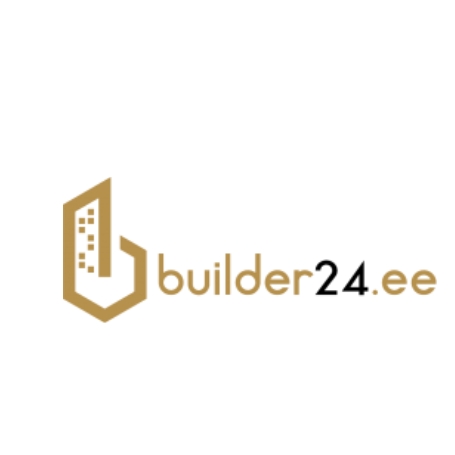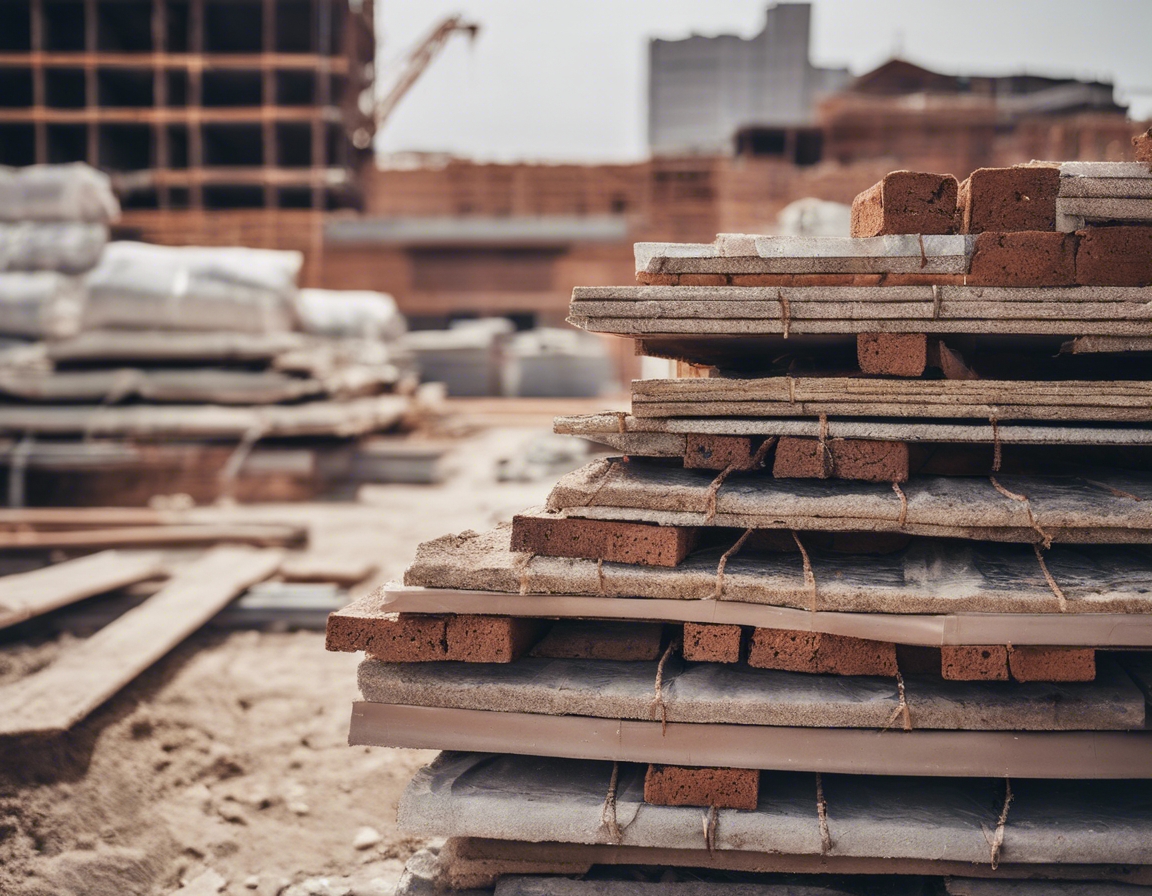5 essential tools every builder should have
For professionals in the construction industry, having the right tools is not just about convenience; it's a necessity for quality workmanship and efficiency. Whether you're a seasoned contractor, an architect, or a DIY enthusiast, there are certain tools that are indispensable in your arsenal. In this post, we'll explore the five essential tools that every builder should have.
The Fundamental Five: Tools for Every Builder
A hammer is more than just a tool for driving nails; it's a multifunctional instrument crucial for any building project. A good hammer should have a comfortable grip, balanced weight, and a durable head that can withstand the rigors of daily use. From framing to demolition, a reliable hammer is a builder's faithful companion.
Accuracy is key in construction, and a high-quality measuring tape is essential for precise measurements. Look for one that is easy to read, with both metric and imperial units, and a sturdy tape that can lock in place. A tape measure that can stand the test of time is an investment in your project's success.
No builder's toolkit is complete without a versatile power drill. Whether you're drilling holes, driving screws, or even mixing materials, a power drill with various bits and speed settings can handle a multitude of tasks. Opt for a cordless model for ease of movement and consider battery life and power when making your selection.
Even in an age of power tools, a sturdy hand saw is indispensable for quick cuts and fine adjustments. A hand saw is not only more accessible and convenient in certain situations, but it also allows for a level of control that power saws may not offer. Choose one with a comfortable handle and a sharp, durable blade.
Ensuring your work is plumb and level is fundamental, and a reliable level is the tool for the job. Whether it's a traditional bubble level or a more advanced laser level, this tool provides the precision required for professional results. A level with a magnetic strip can be particularly handy for hands-free operation on metal surfaces.
Additional Considerations
Investing in these essential tools is just the first step; maintaining them is crucial for their longevity and performance. Regular cleaning, proper storage, and immediate repairs can keep your tools in top condition.
While it might be tempting to go for the cheapest options, investing in quality tools can save you money in the long run. Quality tools perform better, last longer, and can make a significant difference in the outcome of your projects.
Lastly, no discussion of tools would be complete without mentioning safety. Personal protective equipment (PPE) such as gloves, goggles, and helmets should always be used in conjunction with these essential tools to ensure your safety on the job.






Comments (0)